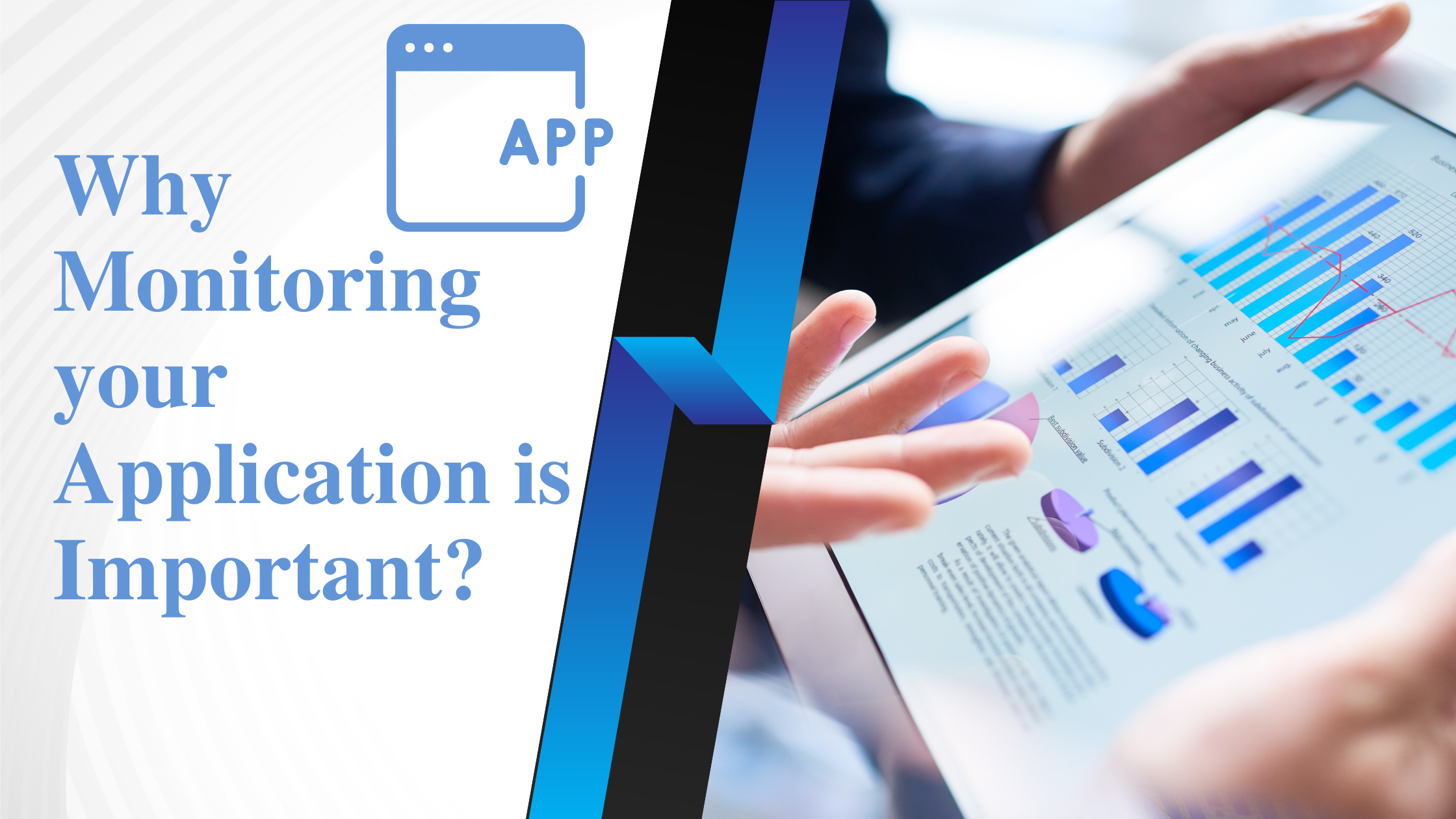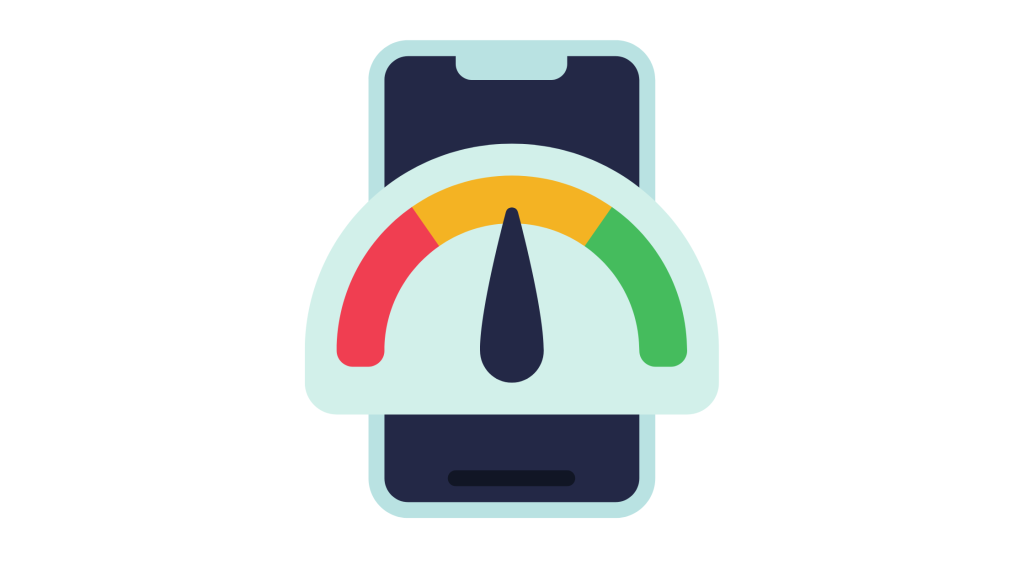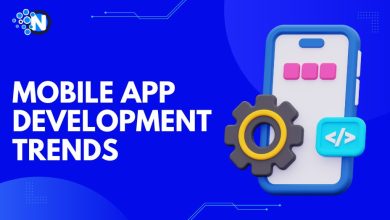Why Monitoring your Application is Important? Top 10 Reasons

When it comes to maintaining the performance and stability of an application, proactive monitoring is essential. Monitoring your application before users are impacted is key to providing a great user experience. Application monitoring works by observing how applications perform under different conditions so that problems can be identified quickly and efficiently.
In this blog post, we will discuss why applications should be constantly monitored and the benefits that come with such practice. Keep reading to learn more about the importance of proper application performance monitoring.
What is Application Performance Monitoring?
Application Performance Monitoring (APM) is an essential tool for any business that needs to keep track of their application performance. It allows businesses to understand the performance of their applications, identify any issues or bottlenecks that are hindering its performance, and take appropriate steps to fix them. APM (Application Performance Monitoring) tools also give businesses more visibility into their application performance, helping them address any issues proactively. This helps businesses ensure that their applications are running smoothly and efficiently, providing the best possible user experience. Application performance monitoring also provides valuable insights into user behavior and helps businesses make informed decisions about how to optimize their applications for maximum performance and efficiency.

Top 10 Reasons why Monitoring you Application is Important
Application monitoring provides a wealth of benefits for businesses, including improved performance, user experience, and cost savings. Here are some solid reasons why monitoring you application is important.
1. Improved Performance
As applications become more complex, it’s increasingly important to have the ability to monitor performance in real time. Application monitoring allows you to analyze application data and identify potential slowdowns before they become major problems. This can help you quickly identify and address any issues that may arise, allowing you to keep your application running seamlessly.
2. Increased User Experience
User experience is one of the reasons why monitoring you application is important. App monitoring also helps ensure a better user experience. By tracking performance in real time, it’s possible to detect lags or crashes before they affect users. With data about how the application is performing, you can quickly pinpoint the cause of any issue and address it before it affects your users. This keeps your app running smoothly while improving overall user experience as well.
3. Enhanced Security
Application monitoring can also help improve app security by providing visibility into potential vulnerabilities. Tracking application data makes it possible to identify unusual activity or unauthorized access attempts. This information can then be used to improve security protocols and prevent unauthorized access. Furthermore, development teams can also send regular updates to fix security issues and bugs in the app.
4. Cost Savings
Tracking your app’s performance can also help save money by reducing IT costs associated with troubleshooting. With real-time data about how the application is performing, it’s easier to isolate issues and quickly identify root causes. This can help reduce the amount of time and resources required to resolve issues, resulting in significant cost savings.
5. Improved Scalability
Application monitoring can help you determine if your application is ready for scaling. By tracking performance in real time, it’s easy to identify when certain components of the application are becoming overloaded or require additional resources in order to scale up efficiently.
6. Faster Troubleshooting
Monitoring performance of your app also makes it easier to troubleshoot any issues that arise. With data about how the application is performing, it’s possible to quickly detect and address any problems before they affect your users. This can help you resolve issues faster, resulting in improved uptime for your application.
7. Data Analysis
Application monitoring also provides valuable insights into user behavior. With data about how the application is performing, it’s possible to spot patterns and trends in user engagement. This information can then be used to improve the overall user experience or develop more effective marketing campaigns.
8. Compliance
Monitoring your application can also help ensure compliance with industry regulations and standards. By tracking performance in real time, it’s possible to quickly identify any potential compliance issues and address them before they become a problem.
9. Improved Efficiency
Application monitoring can also help improve efficiency by providing visibility into how the application is being used. With data about usage patterns, it’s easy to spot areas where processes could be improved or streamlined to increase efficiency. In this way, developers can make necessary changes quickly to improve overall performance of an app.

10. Automation
Lastly, application monitoring can help with automating certain tasks. By tracking usage patterns, it’s possible to set up automated responses for certain conditions to deliver an excellent experience. This can help streamline processes and reduce the amount of time required for manual interventions while keeping your app at an optimal status.
Conclusion
The advantages of monitoring an application are numerous. Application monitoring can help you detect issues quickly, improve performance, and act as a warning system for potential security threats. Ultimately, the value of monitoring your application cannot be overstated; it’s an invaluable tool to help ensure your applications run accurately and efficiently without disruption. Establishing good practices around application monitoring is essential in order to benefit from all that it has to offer. Consider utilizing tools such as APM programs or third-party services to assist you in setting up robust systems around your application. Through accurate and up-to-date information, you can strengthen the foundation on which your applications are built, providing users with an optimal experience every time they log in.




